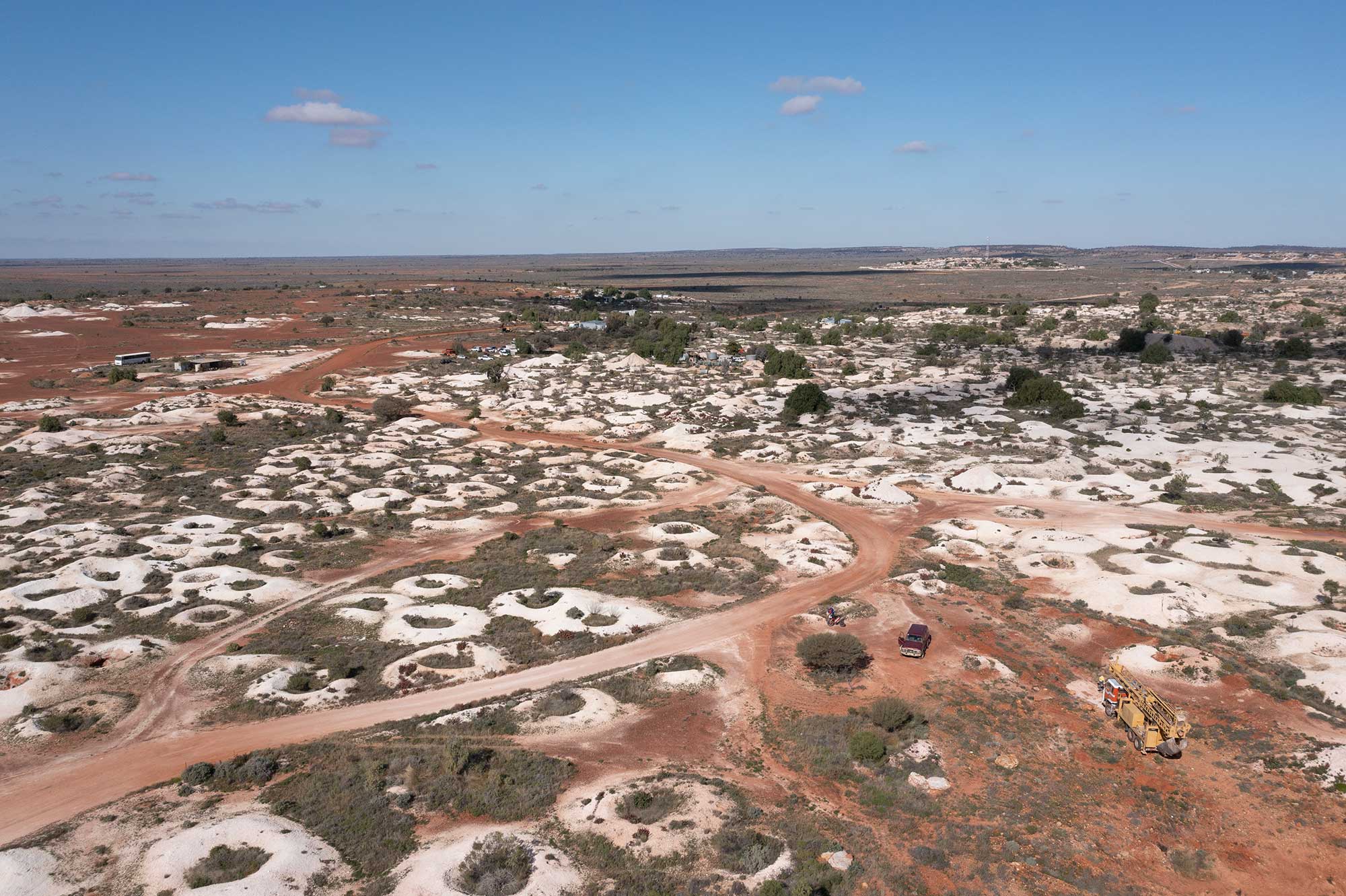Aboriginal Health & Wellbeing
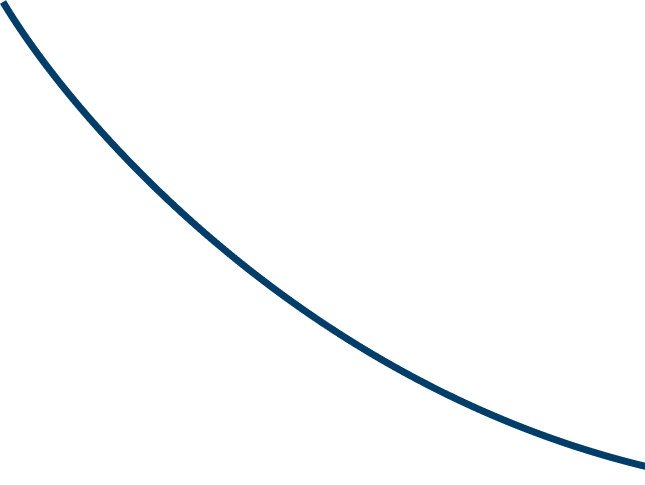
Supporting culturally safe health services and Aboriginal-driven organisations for our communities

We are dedicated to supporting the health and wellbeing of Aboriginal and Torres Strait Islander people across our region. We work in partnership with Aboriginal communities, health services, Aboriginal health organisations and other service providers to help Close the Gap and improve health outcomes for First Nations people.

Looking for a health service near you?

Use our Find a Service tool to connect with local health services and Aboriginal health organisations within the region.
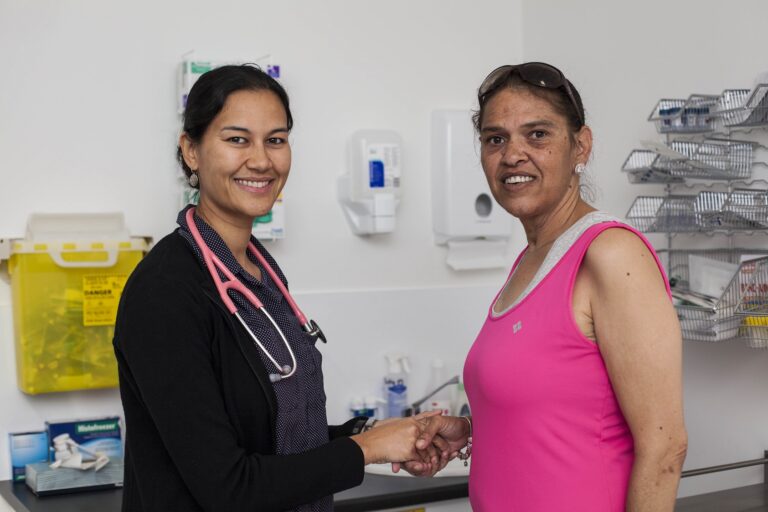

Our commitment to Aboriginal health

Building capacity and improving health outcomes for Aboriginal people is at the heart of what we do. With 11.4% of our region’s population identifying as Aboriginal and/or Torres Strait Islander (compared to 3.2% nationally (2021 Census)), we work closely with communities to ensure healthcare services are accessible, culturally safe, and effective.
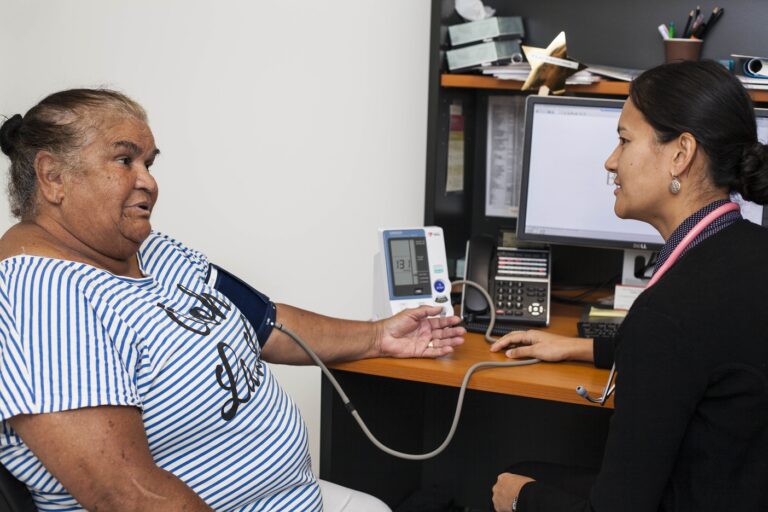
How we support community health

- Collaborating with Aboriginal Health organisations and services to improve access to culturally appropriate care.
- Funding programs that support key health areas, including:
- Supporting local leadership through the WNSW PHN Aboriginal Health Council
Learn more about how we work together: PHN and ACCHO Guiding Principles.
You can also read about our RAP and our commitment to our reconciliation journey here.
715 Health Check – free annual check-up covered by Medicare

The 715 Health Check is a free, yearly health assessment designed for Aboriginal and Torres Strait Islander people of all ages. It supports early detection, diagnosis, and prevention of common health issues.
What's included?
- Blood pressure, height and weight checks
- Blood sugar level monitoring
- Urine and blood tests
- Discussion on maintaining and improving health
You can access a 715 Health Check at Aboriginal medical services or bulk-billing clinics.
Why it's important:
- Helps detect health risks early
- Gives you the knowledge to look after your health
- Early detection and intervention of chronic illnesses
- Connects you with follow-up support and allied health services
Closing the Gap is a national priority and focus of WNSW PHN. We strive to work with Aboriginal community members and Aboriginal health organisations to provide better access to culturally safe health services, improving outcomes across key areas such as chronic disease, mental health, and preventative care.
Learn more about national efforts to Close the Gap: Close the Gap Report
Aboriginal Nations in our region

We acknowledge that we operate within the traditional lands, waters and skies of many Aboriginal clans, tribes, and nations, including:
- Wiradjuri
- Gamilaraay / Gamilaroi / Kamilaroi
- Wailwun
- Wongaibon
- Ngemba / Nyemba / Ngiyampaa
- Murrawarri
- Barkindji / Barkandji
- Barindji
- Barundji
- Nyirrpa
- Karenggapa
- Wadigali
- Wilyakali / Wiljali
- Wandjiwalgu
- Danggali
- Muthi-Muthi
- Kureinji
- Gunu
- Barranbinya
- Bandjigali
- Malyangaba
- Dadi Dadi
On this website the term ‘Aboriginal’ is used to describe the nations, clan and language groups across NSW including all Aboriginal and Torres Strait Islander people within this region.
